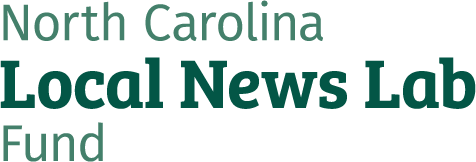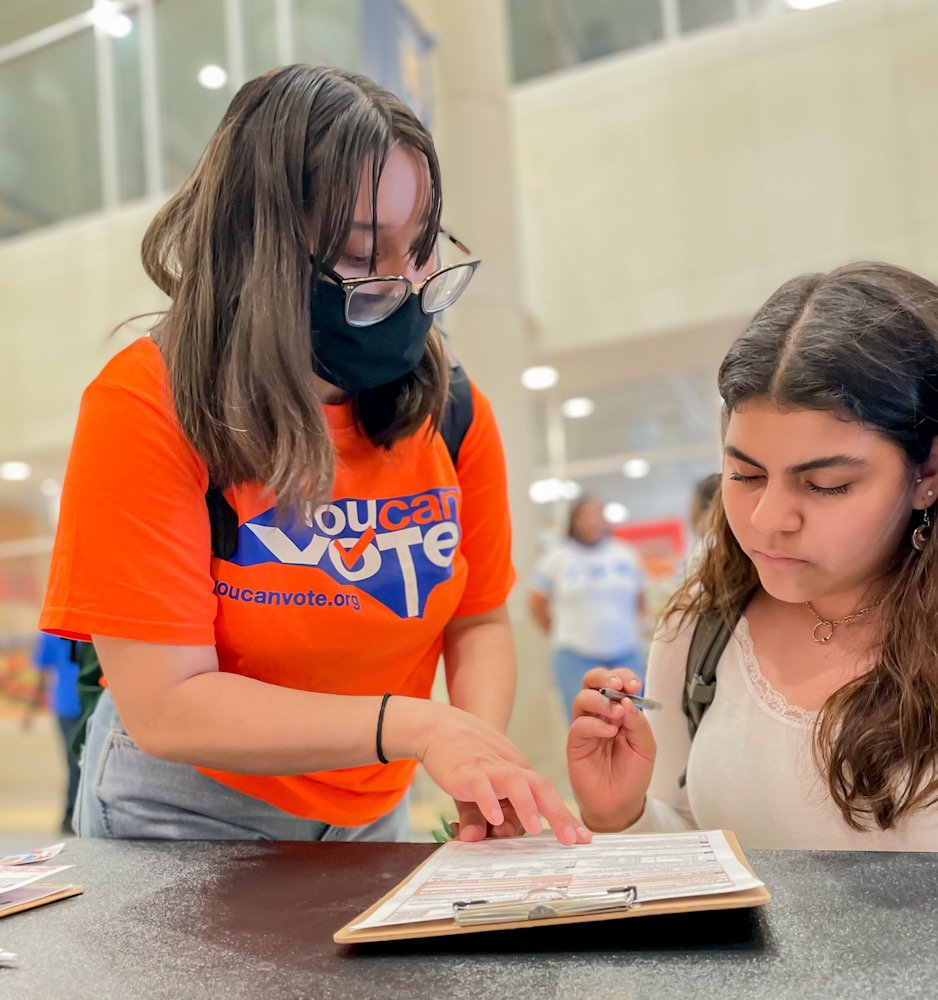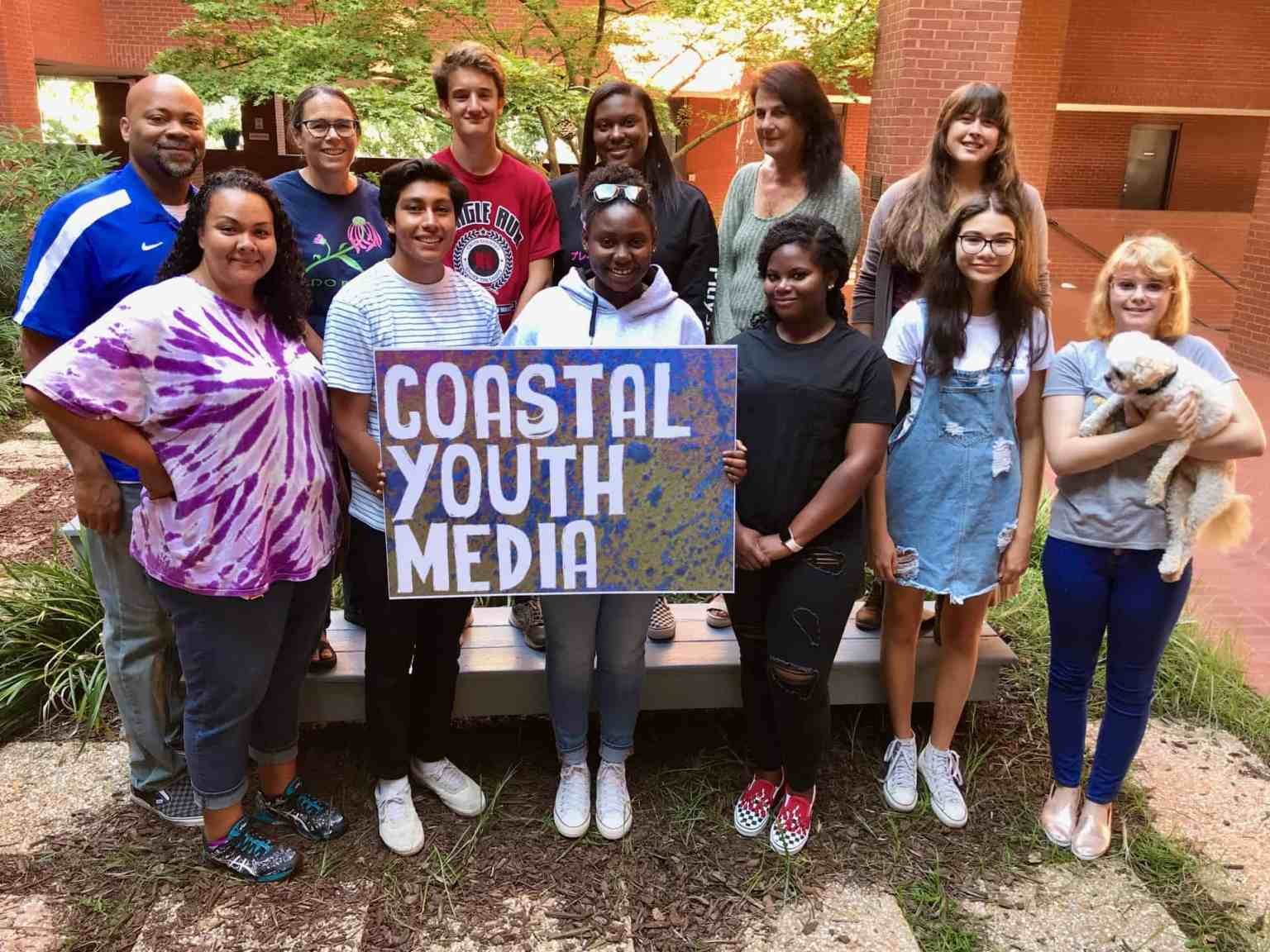How a network developed channels to deliver Spanish language emergency alerts on extreme weather and COVID-19
Student Action with Farmworkers
Receiving urgent information about extreme weather events and public health crises is necessary for the health and wellbeing of everyone in North Carolina, but for so long, Spanish-speaking residents have been excluded because of English-only text alerts. This information gap has been especially harmful to Spanish-speaking farmworkers, who’ve had to rely on bosses in the fields letting them know about impending natural disasters. The North Carolina Local News Lab Fund recognized that closing this information gap was crucial for farmworkers’ safety.
To help close this information gap, the Fund backed reporting on the issue with a grant to Enlace Latino NC, along with general operating grants to trusted messengers Student Action with Farmworkers, Farmworker Advocacy Network, NC FIELD, and other partners. Enlace Latino NC’s reporting investigated the gaps in North Carolina’s emergency planning system, amplified the stories of how Latino immigrant workers and their families navigate the system, and raised the profile of organizations advocating for policy change. At the same time as Enlace Latino NC’s original series documented the problem, Student Action with Farmworkers launched a new project to address the issue. In collaboration with Code the Dream, Student Action with Farmworkers created a bilingual app called Conéctate Carolina, an app-based realtime Spanish-language notification system and directory of organizations and services available to North Carolina farmworkers. Farmworker Advocacy Network then worked to mobilize outreach workers from a coalition of more than a dozen of organizations to encourage broad usage, helping to build a channel that narrows the information gaps in the existing emergency planning system. Conéctate Carolina is part of a suite of tools that’s helping outreach workers better understand farmworker needs, which can then be translated into program design.
These collaborative efforts demonstrate that when a network of organizations communicate trustworthy information and hold trusted community relationships, access to resources opens and behaviors change as a result. Collectively, these efforts both documented the gaps in emergency communications and built a trusted channel that meets Spanish-speaking farmworkers' language needs.









